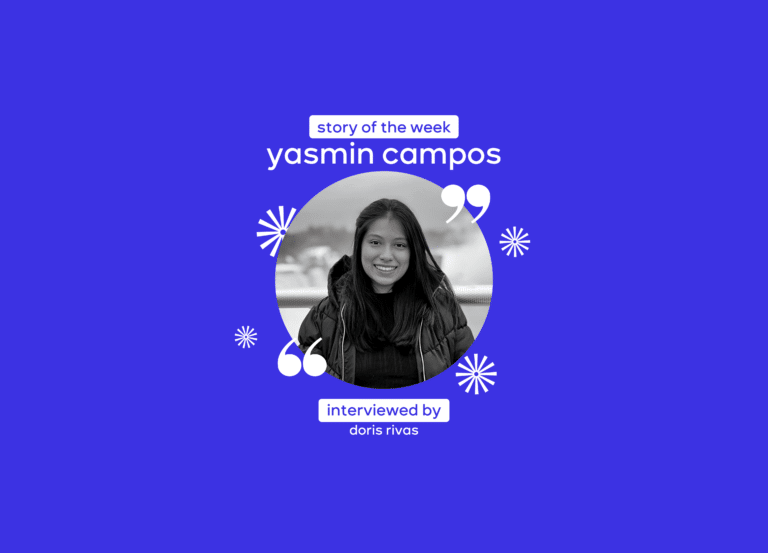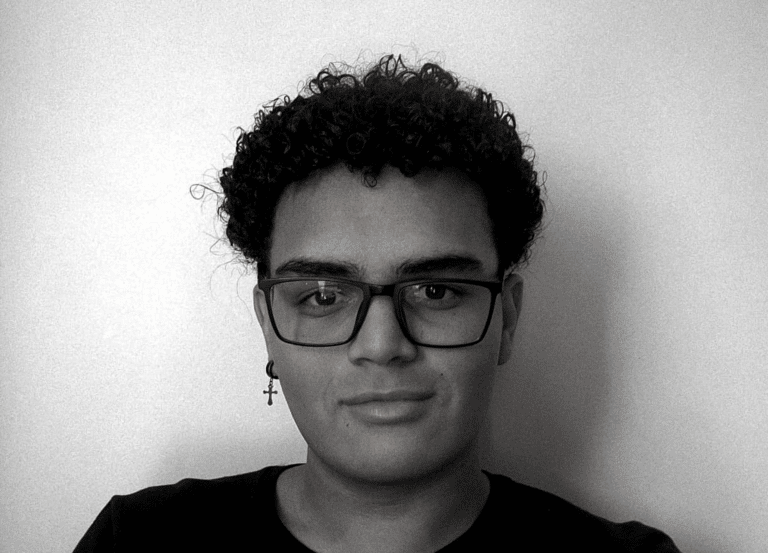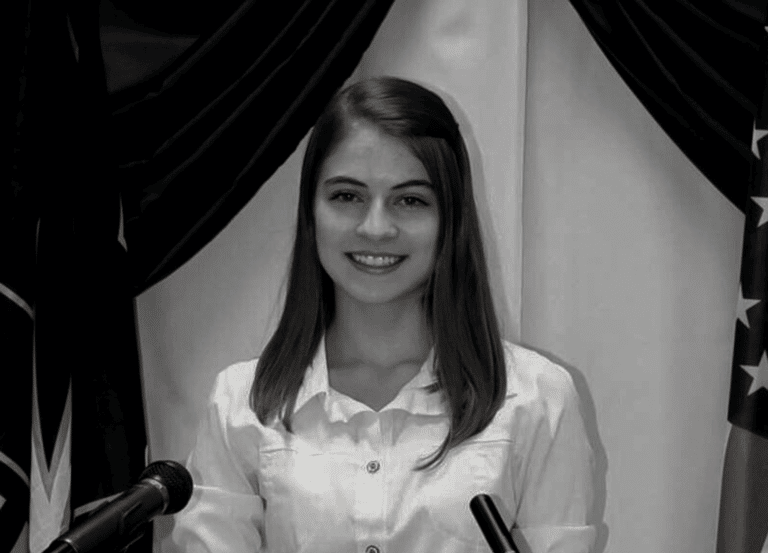Entrevista com Luan Torres, fundador da CASA e embaixador da Ashoka Lead Young
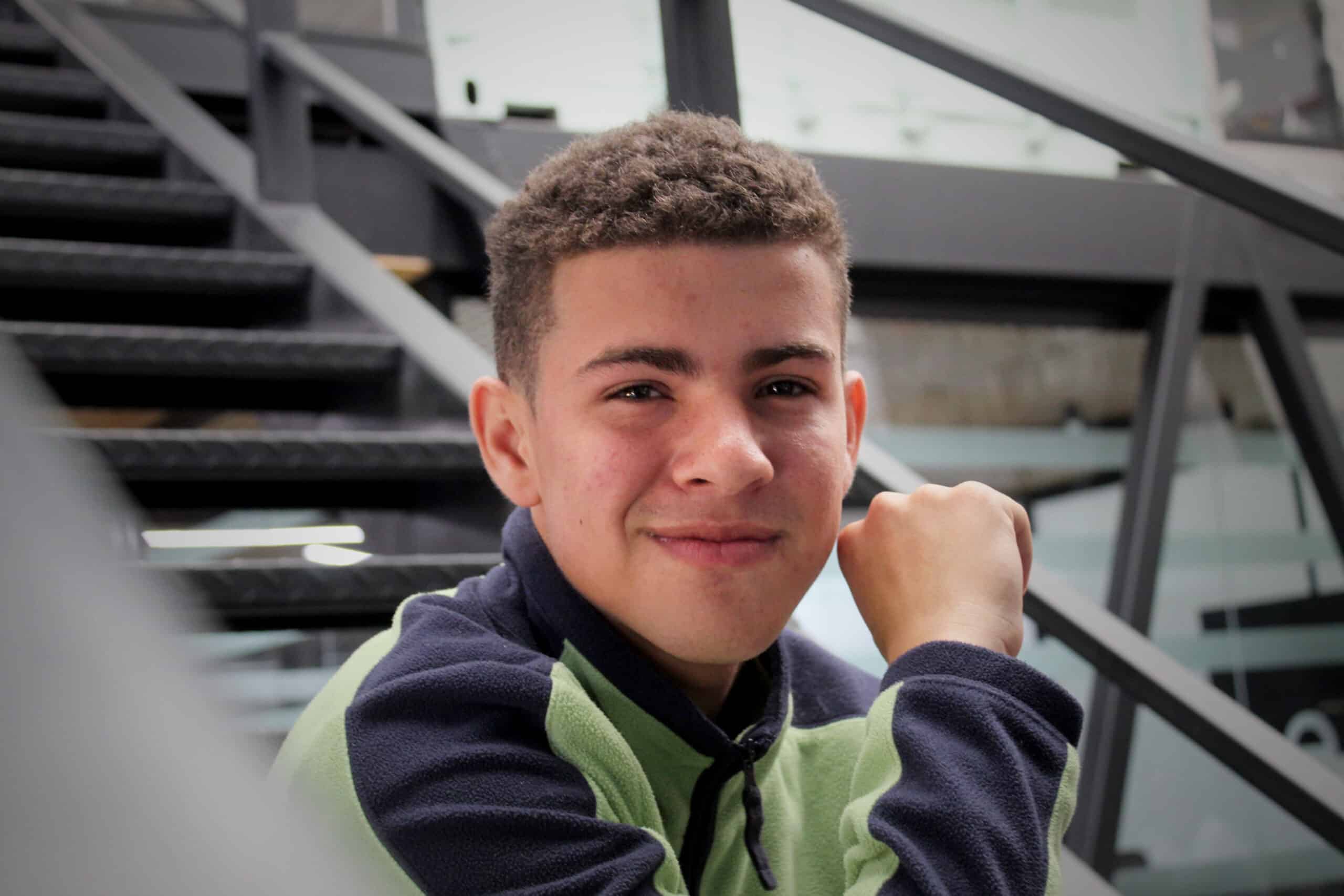
"Sei que uma única peça de fruta não acabará com a fome. Mas a ideia é ajudar a alcançar esse equilíbrio... Muitas vezes, as pessoas subestimam os projetos dos jovens nas fases iniciais, mas eles estão começando a despertar. Para mim, a parte mais legal da minha história é que outros jovens ao meu redor estão se inspirando e começando a criar seus próprios projetos."
Luan sempre foi um pouco, como ele diz, "fora da caixa".
"Quando criança, eu estava sempre fazendo negócios e criando coisas novas. Eu montava circos e desfiles de samba na minha rua, reunindo todas as crianças... Eu comprava DVDs e os alugava com lucro para poder comprar novos DVDs." Luan é de São Bento do Una, uma cidade remota de 58.000 habitantes no sertão brasileiro, a região seca do nordeste do país.
Ao se aproximar do ensino médio e começar a ter aulas de filosofia, ele começou a questionar sua realidade e a colocar seu espírito empreendedor para resolver os problemas de sua comunidade. Primeiro, ele notou a poluição do rio pelo qual passava todos os dias ao caminhar para a escola.
"Eu me perguntei: 'Por que ninguém está fazendo nada a respeito? Posso fazer alguma coisa? Comecei a procurar organizações ou projetos que abordassem o problema, mas, infelizmente, não havia nenhum em minha cidade. A única solução foi reunir meus amigos e criar uma. Este é um princípio que sempre carrego comigo: "se você não tem algo de que precisa, faça você mesmo".
Luan e seus amigos criaram a ONG CASA (Centro de Apoio Social e Ambiental). Seu primeiro projeto foi o Mutirão de Limpeza. Mas eles logo perceberam que limpar o rio era apenas uma "solução de curto prazo", pois as pessoas logo jogariam mais lixo. Por isso, criaram um segundo projeto, as Oficinas de Educação Ambiental. Luan e sua equipe na CASA visitam regularmente pré-escolas e escolas primárias públicas com o objetivo de "plantar a conscientização" em uma idade em que as pessoas "ainda estão abertas a receber informações".
"Lembro-me de como eu ficava encantado quando era criança e os palestrantes convidados iam à minha escola. Então, a partir dessa perspectiva, entendi que a primeira infância é o momento mais fácil para semear a autoconsciência e a empatia nas crianças. O trabalho da CASA é mostrar às crianças o impacto que causamos no meio ambiente e as maneiras fáceis de reduzi-lo, para que possamos chegar o mais próximo possível de um equilíbrio, que é o que buscamos."
Hoje, além do Mutirão de Limpeza e das Oficinas de Educação Ambiental, o CASA tem mais dois projetos que também cresceram em resposta às necessidades da comunidade: Projeto Arbo e Projeto Roda de Conversa. O último é uma "roda de conversa" mensal centrada nos Objetivos de Desenvolvimento Sustentável das Nações Unidas, que oferece aos adolescentes um espaço para conversar, desenvolver suas próprias perspectivas e ser ouvido. O primeiro, o Projeto Arbo, é uma semente que foi plantada no Acampamento da LALA em dezembro do ano passado e que vem crescendo de forma vibrante desde então.
"O Projeto Arbo é o meu xodó. É o que eu mais quero expandir neste momento. Quando cheguei ao Acampamento da LALA, eu tinha apenas a sementinha desse projeto. Lá, comecei a ter várias ideias e disse a mim mesmo: 'pronto, agora é a hora!'" Luan aplicou os princípios que aprendeu no Acampamento para transformar o Projeto Arbo no que ele é hoje. Ele se conectou com sua História de Si Mesmo, História de Nós e História de Agora para identificar a questão central para ele em sua comunidade: segurança alimentar. "O principal objetivo do Projeto Arbo é reduzir a fome plantando árvores frutíferas." Adotando uma abordagem baseada em pontos fortes, Luan primeiro mapeou todas as árvores frutíferas existentes em sua comunidade e transformou isso em um aplicativo que mostra a localização, as espécies e a temporada produtiva de cada árvore. Para cuidar das árvores frutíferas existentes e plantar novas árvores, ele usou a Investigação Apreciativa para estabelecer relacionamentos com os membros da comunidade.
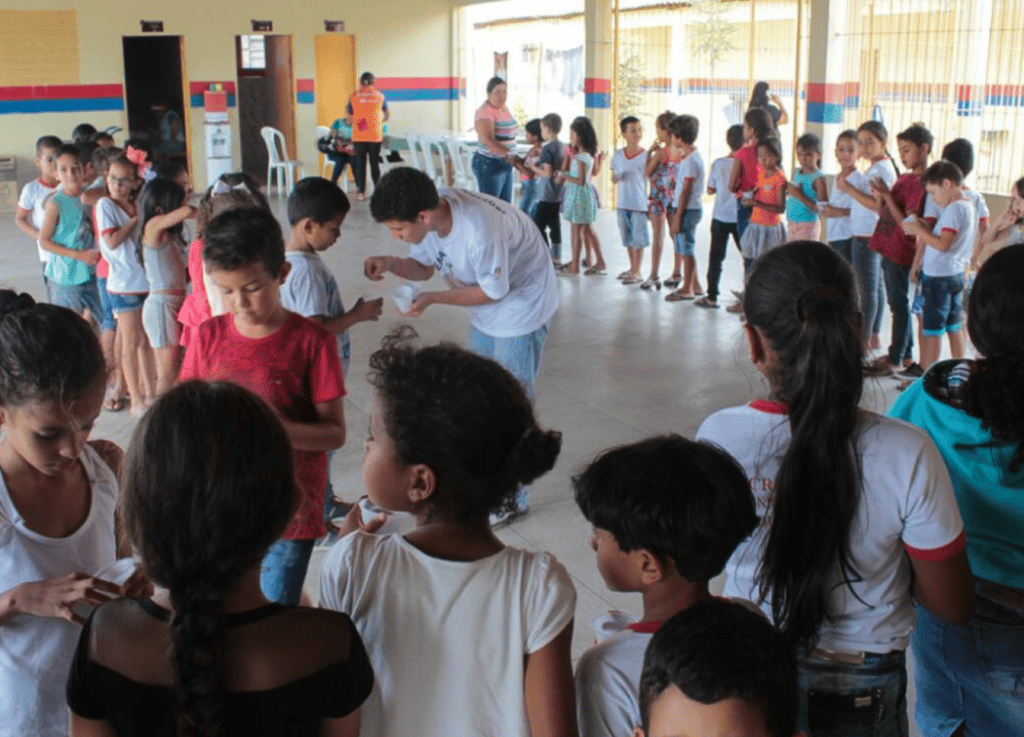
"Quando fazemos o processo de plantio, conversamos com os moradores, justamente para conscientizá-los sobre o projeto e garantir que eles não se importem com a presença de pessoas para a colheita. Além disso, nós os envolvemos no cuidado com essa muda de árvore para que ela cresça mais rápido. Em nossa comunidade, temos um problema de escassez de água. Às vezes, leva até seis meses para que a água chegue em nossas tubulações. Isso é realmente sério". Cada morador tem seu próprio tanque de armazenamento de água, e Luan descobriu que se os moradores trabalharem juntos, revezando-se para regar as mudas a cada semana, eles poderão cuidar das árvores sem sobrecarregar o abastecimento de água de ninguém.
Esse tipo de corresponsabilidade se reflete não apenas na rega das árvores frutíferas do Projeto Arbo, mas na maneira como toda a CASA funciona. Foi assim que Luan fez com que a organização crescesse "organicamente" para um corpo de 40 jovens voluntários, incluindo estudantes de Agroecologia da escola secundária local e estudantes de Gestão Ambiental da universidade. "As pessoas têm habilidades diferentes. Uma técnica que uso e que a LALA me ensinou é deixar que cada pessoa faça o que sabe fazer melhor e fazê-la sentir que é parte fundamental da operação... como 'se VOCÊ não estivesse aqui fazendo isso, a CASA acabaria'. É assim que mantemos todos engajados e motivados a agir. Cada pessoa faz aquilo em que é boa e se sente chamada a fazer."
Luan é um mestre da direção dinâmica - liderança compartilhada e sensível às necessidades emergentes. "Todo o processo de criação de projetos foi originado de uma necessidade do momento. Tudo se resume a estar no momento e ouvir as pessoas. Nem todas as ideias que surgem são minhas. Eu sempre digo ao grupo que 'todos têm a mesma voz'. Da mesma forma que eu tenho a voz para compartilhar uma ideia para um projeto, qualquer pessoa na CASA também tem essa voz. Aqui, não temos uma hierarquia que diz: 'você é mais poderoso do que os outros'. Todos são iguais. Acho que é isso que faz com que a CASA continue sobrevivendo. Há muitas ONGs que, mesmo com financiamento, não conseguem sobreviver. Enquanto isso, nós, sem nada (nunca tivemos patrocínio), continuamos aqui, firmes e fortes."
Este ano, Luan tornou-se um embaixador da Ashoka Lead Young, uma oportunidade que lhe proporciona orientação e maior visibilidade na mídia. A CASA fez uma parceria com o governo municipal de São Bento do Una. Seu objetivo é expandir seu modelo educacional para todos os estados da região nordeste do Brasil, onde a fome e as mudanças climáticas são questões críticas. No entanto, dois de seus maiores desafios continuam sendo os conflitos de agenda - "a maioria de nós é estudante do ensino médio, então temos que faltar às aulas quando damos oficinas " - e a falta de patrocínio financeiro - "no momento, precisamos arrecadar fundos para comprar mudas".
Entre as metas futuras de Luan estão a criação de uma sede institucional para a CASA que possa servir como uma escola de Permacultura; o plantio de um milhão de árvores; o estudo de arquitetura e bioconstrução; e "fazer uma daquelas viagens malucas de mochila... do tipo realmente roots, sabe?" Em fevereiro de 2020, Luan participará da academia piloto da LALA em Medellín para desenvolver várias dessas metas.
